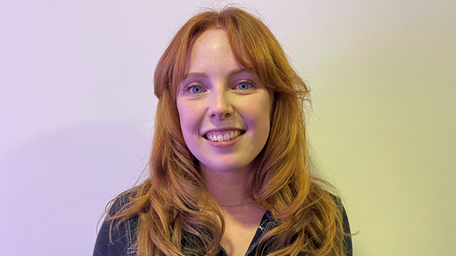When Liv Heeney was just 28 years old, she discovered that she carried a faulty gene responsible for early onset frontotemporal dementia (FTD), a rare hereditary brain disorder that has already claimed the lives of 13 of her family members, including her mother, Bernie. Her mother passed away at only 54 after years of slow cognitive and physical decline. For Liv, the diagnosis was both devastating and clarifying a confirmation of what she had always feared and a chance to take control of her future.
FTD is a progressive condition that affects behaviour, speech, and memory, typically striking between the ages of 45 and 65. It is caused by damage to the brain’s frontal and temporal lobes, and in some cases, like Liv’s, it is linked to a specific genetic mutation in the MAPT gene. Growing up, Liv had seen the disease’s effects first-hand. Her mother, once active and devoted to her career, began to act out of character, missing work and making inappropriate remarks. As the condition worsened, Bernie lost her ability to speak, walk, and carry out daily activities until her death in 2017.
Years later, Liv decided to undergo genetic testing to learn if she too carried the faulty gene. The confirmation came after an eight-month process and a simple blood test. “I always assumed that I had the gene,” she reflected, noting that the result, while painful, was not a surprise.
Now living with the knowledge that she will likely develop the disease in her 40s and may die in her 50s, Liv is determined to make her years count. She continues to work as a designer and is planning a family with her partner of seven years. Using modern fertility treatments such as IVF and embryo screening, she hopes to ensure her children will be free of the faulty gene that has plagued her family.
Liv also advocates for greater awareness and funding for FTD research, emphasizing that dementia is not simply part of ageing but a serious disease. Despite the challenges ahead, she is committed to living meaningfully, cherishing every moment while preparing responsibly for what’s to come. “I know the reality of this,” she says. “I know what’s coming — but I’m not letting it stop me from living my life.”

